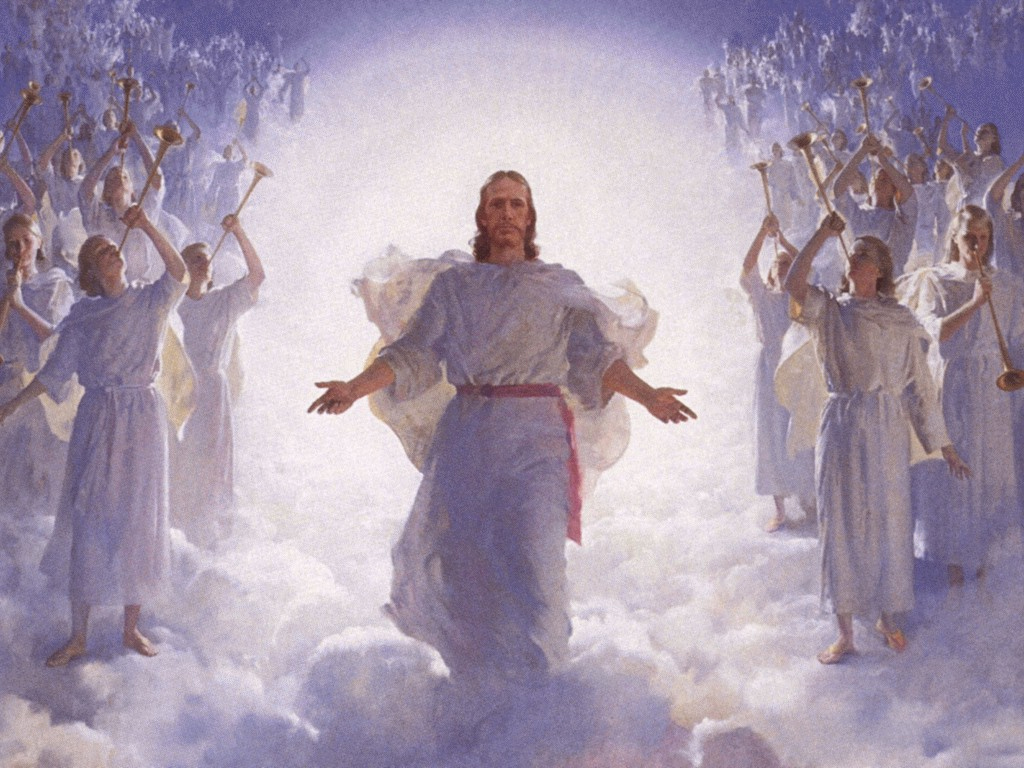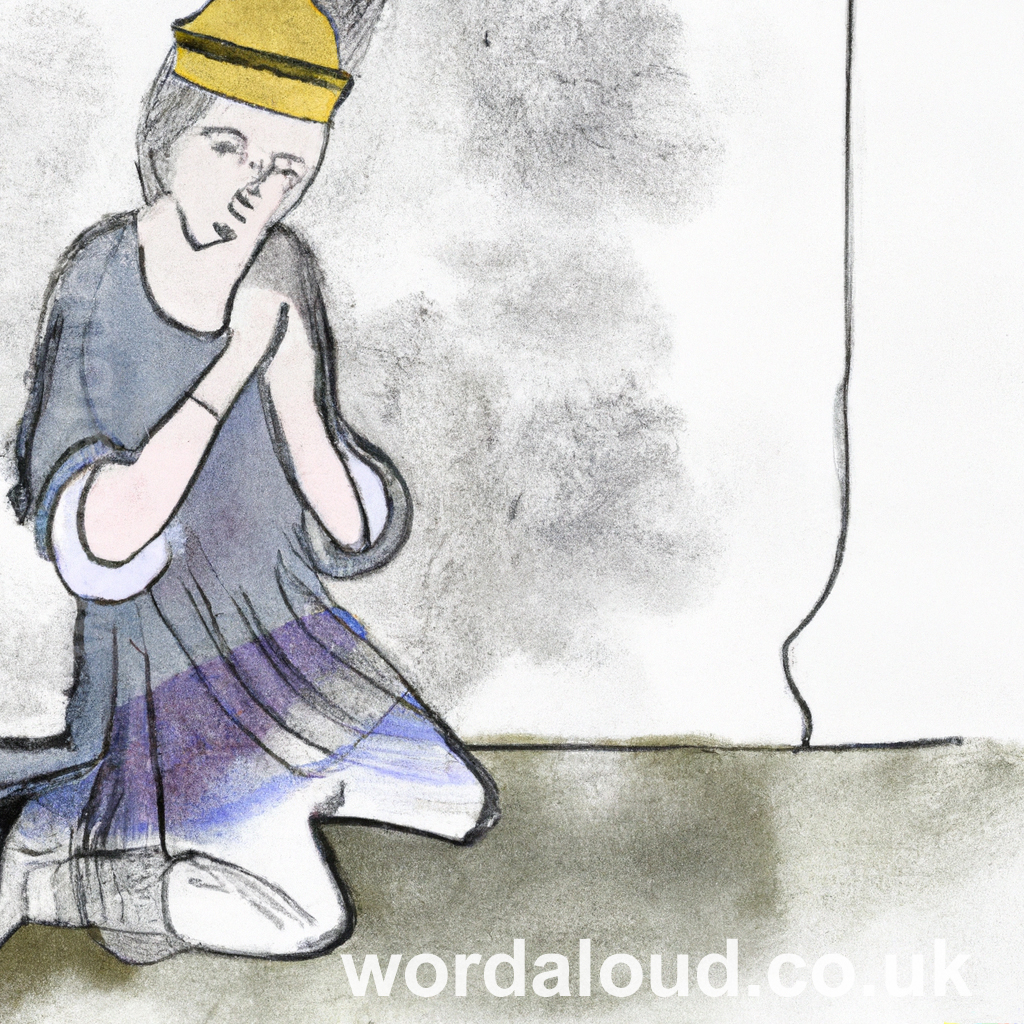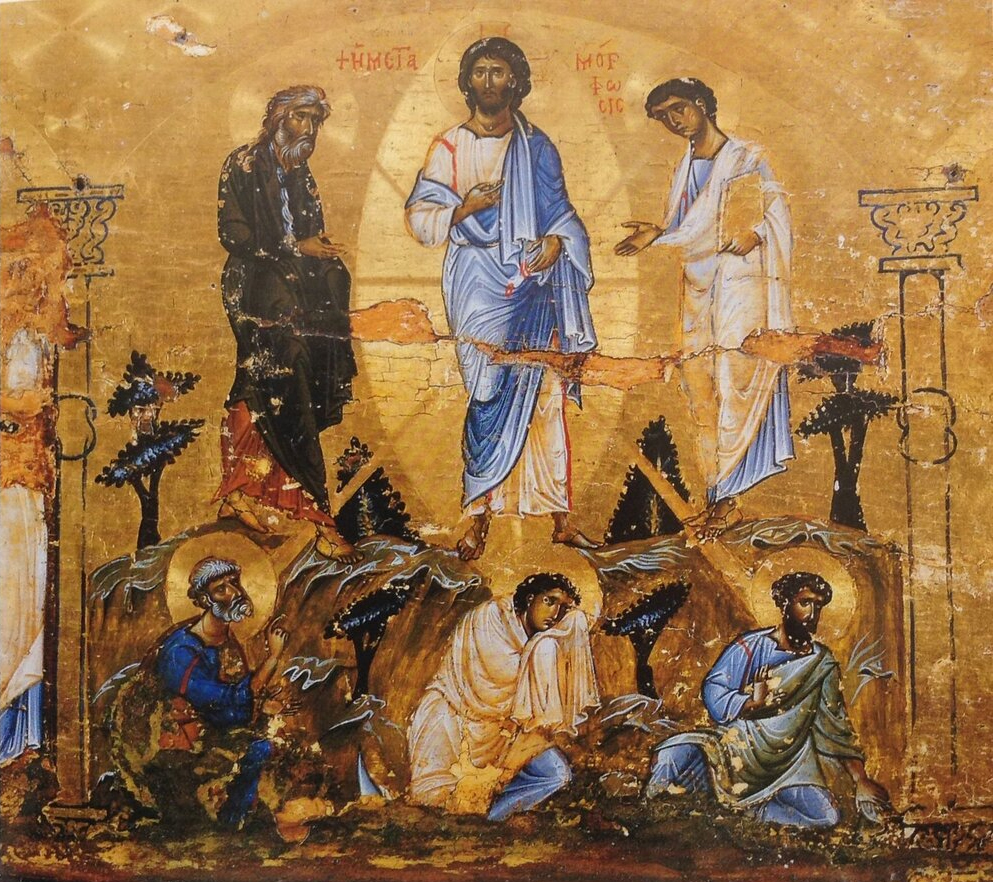Office Of Readings | Monday, Lent Week 3 | From The Homilies Of Saint Basil The Great
‘Let him who boasts, boast of the Lord.’
Saint Basil The Great
Saint Basil the Great (c. 329–379 AD) was a pivotal figure in early Christianity, renowned for his theological acumen, monastic leadership, and contributions to ecclesiastical practices. Born into a devout Christian family in Caesarea, Cappadocia (modern-day Turkey), Basil received an extensive education in rhetoric and philosophy, studying in prominent centers such as Constantinople and Athens. His intellectual pursuits laid a strong foundation for his later theological endeavors.
After a period of teaching rhetoric, Basil experienced a spiritual awakening that led him to embrace the monastic life. He traveled to Egypt, Palestine, and Syria, observing various monastic communities, which influenced his own monastic rule. This rule emphasized communal living, liturgical prayer, and manual labor, and it became a cornerstone for Eastern monasticism.
In 370 AD, Basil was appointed Bishop of Caesarea. During his episcopacy, he ardently defended the Nicene Creed against Arianism, a doctrine denying the full divinity of Christ. His theological works, including ‘On the Holy Spirit’, were instrumental in articulating and affirming the doctrine of the Trinity. Basil’s eloquence and clarity in theological matters earned him recognition as one of the Cappadocian Fathers, alongside Gregory of Nazianzus and Gregory of Nyssa.
Beyond his theological contributions, Basil was deeply committed to social justice and charitable works. He established hospitals, hospices, and soup kitchens, collectively known as the Basiliad, to serve the poor and marginalized. His pastoral letters and homilies reflect a profound concern for ethical living and the moral responsibilities of Christians.
Introduction To The Homily
Saint Basil the Great’s homily, selected for Monday of the Third Week of Lent, meditates on the nature of true greatness and the proper orientation of human boasting. Saint Basil draws upon scriptural sources, particularly the writings of the prophet Jeremiah (Jeremiah 9:23-24) and Saint Paul (1 Corinthians 1:30-31; Philippians 3:8-11), to underscore that human wisdom, strength, and wealth are fleeting and should not be the source of pride. Instead, true boasting lies in knowing and understanding the Lord.
Boasting In The Lord | A Reversal Of Worldly Values
Basil begins by critiquing the human tendency to take pride in earthly accomplishments. In a world where people measure greatness by intellectual achievements, physical prowess, and material success, Basil reminds his listeners that these are transient and ultimately meaningless without a foundation in God. Instead of boasting in human abilities, he calls for a radical reorientation: ‘The man who boasts must boast of this, that he knows and understands that I am the Lord.’ This message echoes the scriptural tradition, particularly Jeremiah 9:23-24, where God declares that true glory is found in understanding His divine nature.
Saint Basil’s teaching aligns closely with Saint Paul’s emphasis on humility and dependence on divine grace. Paul writes that Christ has been made for us ‘wisdom, righteousness, sanctification, and redemption’ (1 Corinthians 1:30), meaning that human worth is not found in personal achievement but in participation in the divine life through Christ. Basil reinforces this point by encouraging believers to abandon self-reliance and instead seek righteousness through faith.
Foolishness Of Human Righteousness
A key theme in Basil’s homily is the insufficiency of human righteousness. He follows the Pauline teaching that personal righteousness, apart from God, is inadequate. In Philippians 3:8-11, Paul declares that he considers his own righteousness as nothing compared to the righteousness that comes from faith in Christ. Basil echoes this sentiment, urging his audience to acknowledge their lack and seek justification not through their own efforts but through divine grace.
This teaching is particularly relevant during Lent, a season of penitence and conversion. It reminds believers that their own moral and spiritual efforts, though necessary, are not the source of their salvation. Rather, salvation is a gift from God, accessible through faith and participation in Christ’s suffering, death, and resurrection.
Grace Of God In Christian Life
Basil also emphasizes that the Christian life is entirely dependent on God’s grace. Quoting Saint Paul, he highlights that even in his apostolic labors, it was not Paul himself but ‘the grace of God which is with me’ (1 Corinthians 15:10) that enabled his work. This underscores a fundamental truth in Basil’s theology: human cooperation with divine grace is necessary, but it is God who initiates, sustains, and completes the process of salvation.
Basil’s understanding of grace is deeply tied to his Trinitarian theology, as expressed in his treatise On the Holy Spirit. He teaches that the Holy Spirit is the source of wisdom and power in the believer’s life. Therefore, the call to ‘boast in the Lord’ is also a call to recognize the Spirit’s work within the Christian soul, guiding and transforming it according to God’s purposes.
Suffering And Hope | The Path To Resurrection
Another crucial theme in Basil’s homily is the idea that suffering is not merely an affliction but a means of spiritual transformation. He references Paul’s teaching in 2 Corinthians 1:9, where the Apostle explains that trials force believers to rely not on themselves but on God, ‘who raises the dead.’ This is an essential Lenten message: suffering and self-denial prepare the soul for a deeper participation in the mystery of Christ’s resurrection.
Basil’s pastoral sensitivity is evident in this aspect of his teaching. He acknowledges the reality of human weakness and struggle, but he does not leave his audience in despair. Instead, he points to the hope of resurrection and the future glory that awaits those who trust in God. By emphasizing that it is God who delivers us from dangers beyond human expectation, Basil reassures believers that their Lenten journey is not undertaken alone but in the strength of divine grace.
Lent As A Time Of True Boasting
Saint Basil’s homily calls Christians to renounce pride in their own achievements and instead take refuge in the knowledge of God. In the context of Lent, this message is particularly relevant. It encourages believers to embrace a deeper reliance on God, seek true righteousness through faith, and find their hope in the resurrection of Christ.
Basil’s emphasis on divine grace, the futility of self-reliance, and the transformative power of suffering offers a path for spiritual renewal. His words remind us that Lent is not just a time of penitence but also of reorientation—turning away from self-centered boasting to the true glory found in knowing and loving Jesus.

From The Homilies Of Saint Basil The Great
The wise man must not boast of his wisdom, nor the strong man of his strength, nor the rich man of his riches. What then is the right kind of boasting? What is the source of man’s greatness? Scripture says: The man who boasts must boast of this, that he knows and understands that I am the Lord. Here is man’s greatness, here is man’s glory and majesty: to know in truth what is great, to hold fast to it, and to seek glory from the Lord of glory. The Apostle tells us: The man who boasts must boast of the Lord. He has just said: Christ was appointed by God to be our wisdom, our righteousness, our sanctification, our redemption, so that, as it is written, a man who boasts must boast of the Lord.
Boasting of God is perfect and complete when we take no pride in our own righteousness but acknowledge that we are utterly lacking in true righteousness and have been made righteous only by faith in Christ.
Paul boasts of the fact that he holds his own righteousness in contempt and seeks the righteousness in faith that comes through Christ and is from God. He wants only to know Christ and the power of his resurrection and to have fellowship with his sufferings by taking on the likeness of his death, in the hope that somehow he may arrive at the resurrection of the dead.
Here we see all overweening pride laid low. Humanity, there is nothing left for you to boast of, for your boasting and hope lie in putting to death all that is your own and seeking the future life that is in Christ. Since we have its first fruits we are already in its midst, living entirely in the grace and gift of God.
It is God who is active within us, giving us both the will and the achievement, in accordance with his good purpose. Through his Spirit, God also reveals his wisdom in the plan he has preordained for our glory.
God gives power and strength in our labours. I have toiled harder than all the others, Paul says, but it is not I but the grace of God, which is with me.
God rescues us from dangers beyond all human expectation. We felt within ourselves that we had received the sentence of death, so that we might not trust ourselves but in God, who raises the dead; from so great a danger did he deliver us, and does deliver us; we hope in him, for he will deliver us again.








